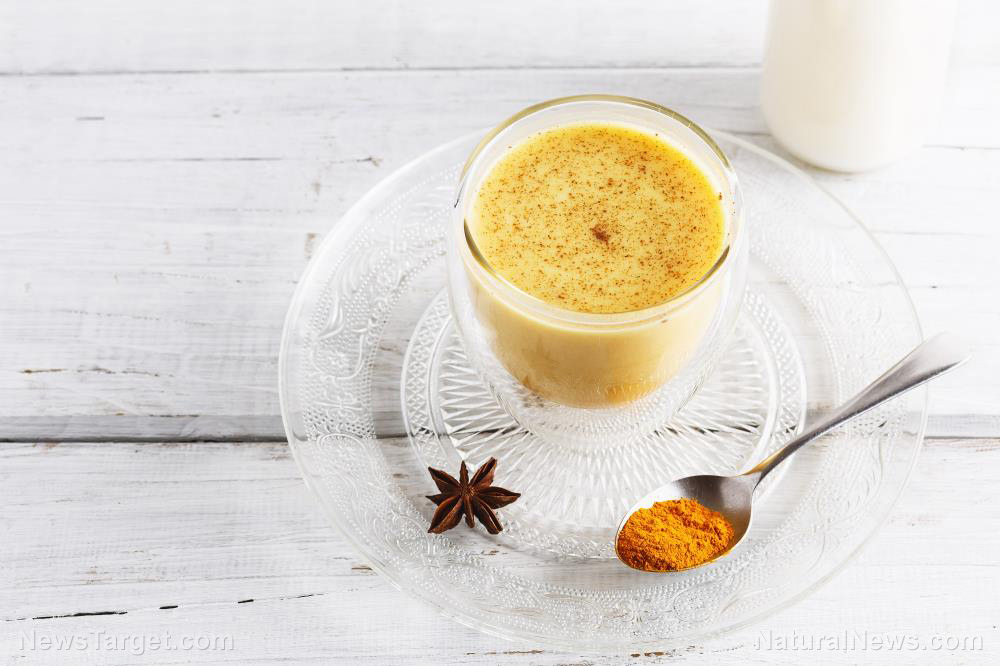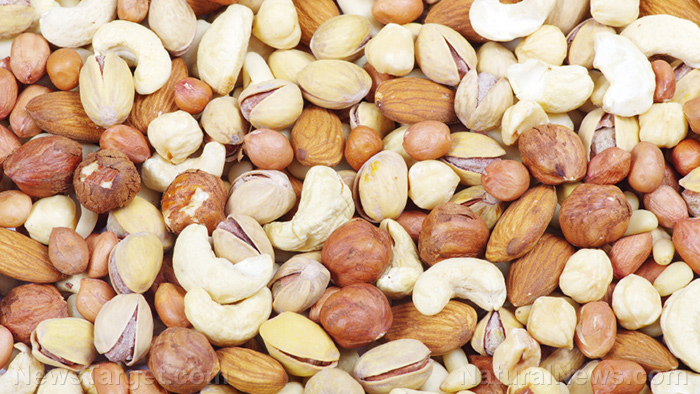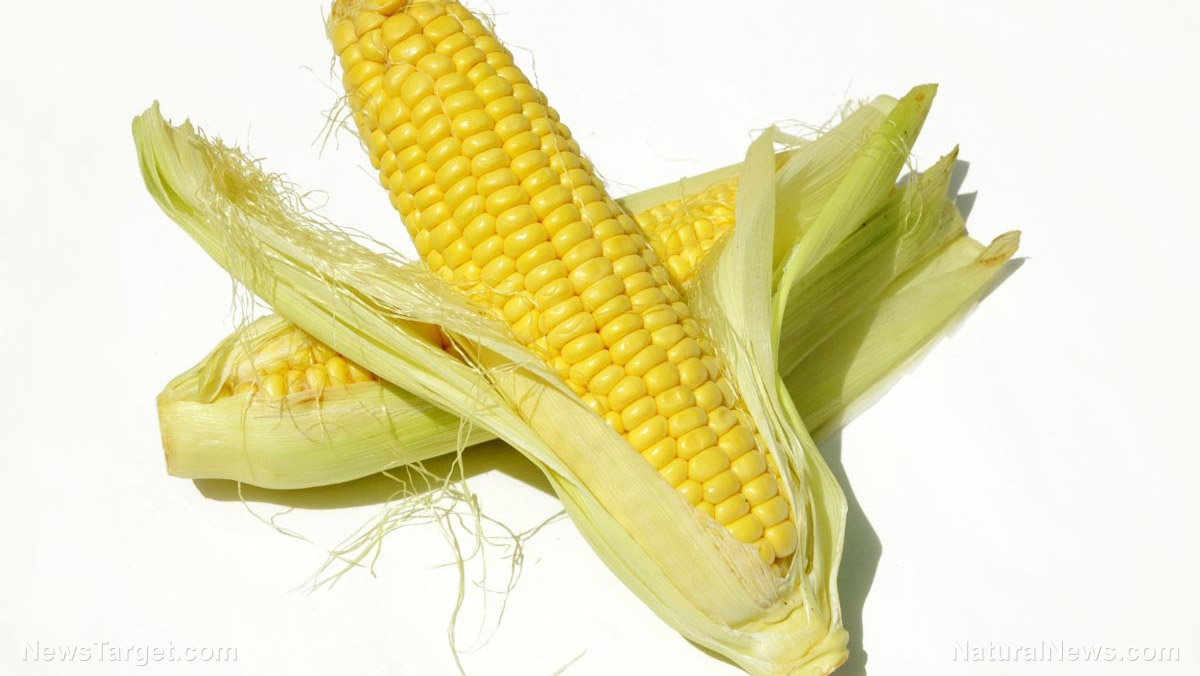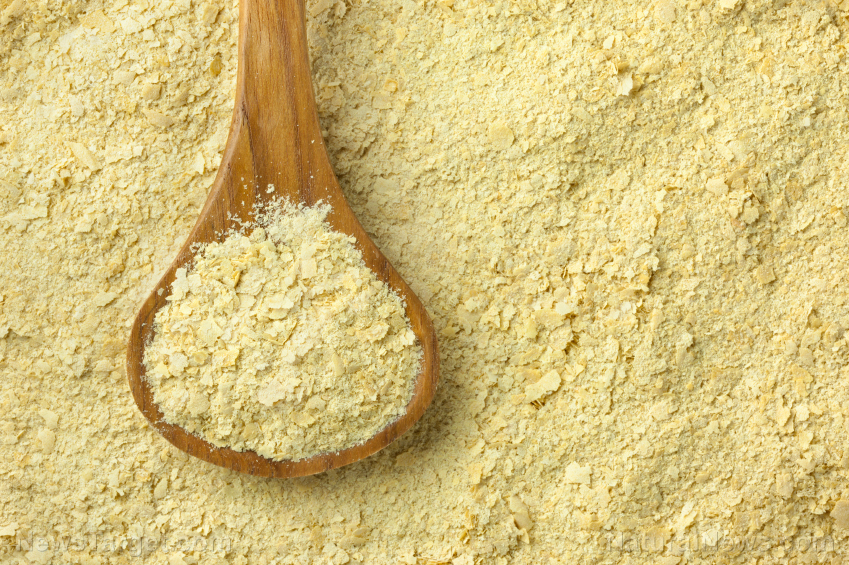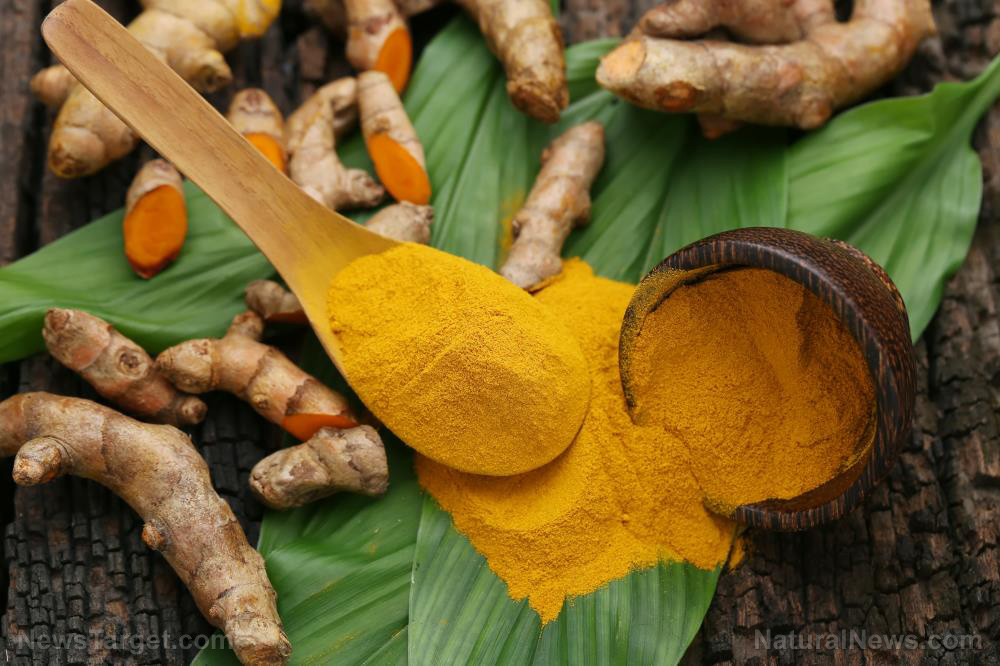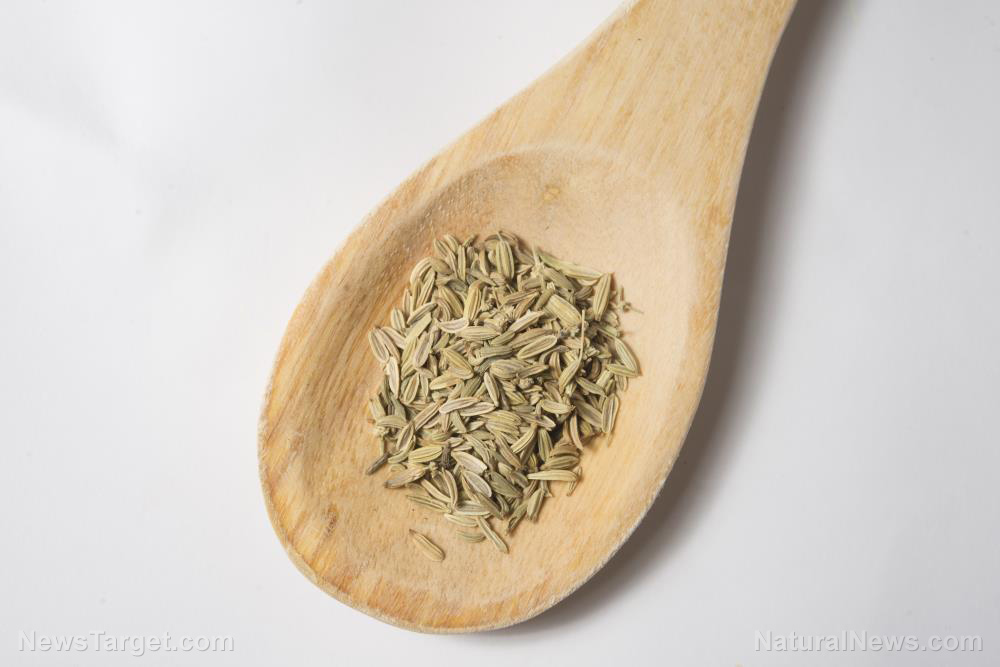Health benefits of purple carrots
07/29/2019 / By Zoey Sky

Carrots are rich in vitamin A that can boost your eye health. But did you know that purple carrots contain potent antioxidants that can help minimize inflammation?
Surprisingly, ancient carrots were originally purple or white. It is believed that orange carrots originated from a new breed of yellow carrots that developed due to a genetic mutation.
Eastern varieties include purple and red carrots while Western-type carrots include orange, yellow, or white varieties.
The nutrient profile of purple carrots
Carrots are available in various colors, the most common of which is orange. However, purple carrots offer many health benefits that are only found in purple fruits and vegetables.
All carrots are full of nutrients, but purple carrots contain a lot of antioxidants that can help minimize inflammation.
Regardless of their color, carrots are rich in different nutrients like:
- Biotin
- Fiber
- Manganese
- Potassium
- Vitamin A
- Vitamin B6
- Vitamin C
- Vitamin K1 (phylloquinone)
A cup (128 grams) of raw purple carrots only contains 52 calories.
Promotes weight loss
According to population studies, individuals who follow vegetable-rich diets usually weigh less compared with those who consume fewer vegetables.
If you want to lose weight, avoid snacks full of added sugars and preservatives. Vegetables like carrots are low in calories yet full of nutrients, which makes them the perfect snack for those who want to lose weight naturally.
Helps lower cholesterol
Studies have shown that purple carrots are good for people with certain medical conditions, such as metabolic syndrome and inflammatory intestinal conditions.
Metabolic syndrome is characterized by symptoms like excess belly fat and high blood pressure, blood sugar levels, and cholesterol. This condition may increase your risk of heart disease, Type 2 diabetes, and all-cause mortality.
The good news is, anthocyanins in purple carrots help lower cholesterol and reduce high blood sugar – two symptoms of metabolic syndrome.
Animal studies also reveal that purple carrots can improve other symptoms linked to metabolic syndrome.
Inflammatory bowel disease (IBD) is the chronic inflammation in all or part of the digestive tract. The results of test-tube and animal studies show that eating purple carrots can benefit those with inflammatory bowel conditions like ulcerative colitis.
According to a study, mice with colitis that consumed purple carrot powder had lower blood levels of pro-inflammatory proteins (e.g., tumor necrosis factor-alpha and interleukin-6). The anti-inflammatory properties of purple carrots are said to be due to their anthocyanin content.
Anti-inflammatory antioxidants
Purple carrots are nutritionally unique because they contain anthocyanins that belong to the polyphenol family of antioxidants. Anthocyanins are found in purple fruits and vegetables such as blackberries, grapes, purple cabbage, purple carrots, and purple potatoes.
Anthocyanins can protect the body from oxidative stress, the imbalance between free radicals (reactive molecules) and antioxidants.
Following a diet full of anthocyanin-rich foods like purple carrots helps prevent health conditions linked to inflammation. (Related: Put some purple on your plate: Why you should eat more of these powerhouse veggies.)
Anthocyanins function as anti-inflammatory agents. They lower potentially harmful compounds such as pro-inflammatory cytokines. Reducing these compounds helps lower the risk of conditions like heart disease.
In a review published in the journal Nutrients, researchers found that individuals who follow diets rich in anthocyanins had significantly improved blood flow and better blood vessel function than those who did not.
Poor blood flow and inadequate blood vessel function are some of the known causes of heart disease, and improving these risk factors can lower the risk of some heart conditions.
Additionally, anthocyanins can protect against mental decline. Population studies also suggest that consuming more anthocyanin-rich foods can lower the risk of Type 2 diabetes.
Purple carrots contain other polyphenol antioxidants like caffeic acid and chlorogenic acid. On average, purple carrots contain at least nine times more polyphenol antioxidants compared with other carrot varieties. Polyphenols also help reduce cancer and heart disease risk, as well as mental decline.
Anti-cancer effects
Several studies show that purple carrots contain powerful antioxidants with cancer-fighting properties.
- Test-tube studies suggest that anthocyanins can inhibit the growth and spread of blood, breast, colon, liver, and skin cancer cells.
- In a 12-week study published in the journal Medical Oncology, researchers exposed rat models to a cancer-promoting compound. They found that rats fed a diet supplemented with purple carrot extract had less cancerous development than rats fed a normal diet.
- Diets full of fresh vegetables such as carrots are linked to overall reduced cancer risk.
Add purple carrots to your diet by making nutritious fruit and veggie juices or smoothies. You can also add purple carrots to salads, soups, and stews.
Purple carrots are rich in various vitamins, minerals, and powerful plant compounds with many health benefits. Eat more purple carrots to boost your heart health, promote weight loss, and reduce inflammation and cancer risk.
Sources include:
Tagged Under: #nutrition, alternative medicine, anthocyanins, anti-diabetes, anti-inflammatory, anticancer, antioxidants, cardiovascular health, clean food, colitis, diet, food cures, food is medicine, fresh vegetables, functional food, grocery cures, heart health, IBD, inflammation, inflammatory bowel disease, metabolic syndrome, natural cures, natural medicine, prevention, purple carrots, research, Type 2 Diabetes, vitamin A, weight loss
RECENT NEWS & ARTICLES
FoodIsMedicine.com is a fact-based public education website published by Food Is Medicine Features, LLC.
All content copyright © 2018 by Food Is Medicine Features, LLC.
Contact Us with Tips or Corrections
All trademarks, registered trademarks and servicemarks mentioned on this site are the property of their respective owners.

